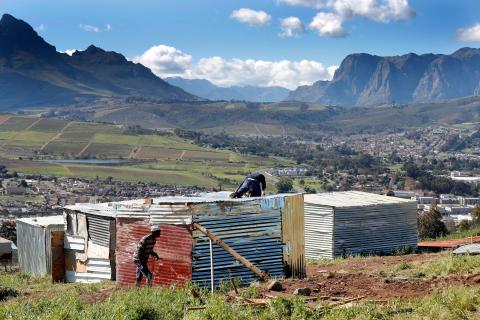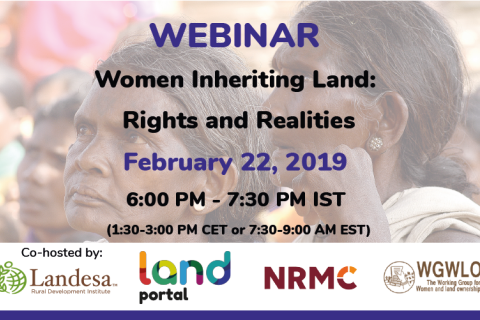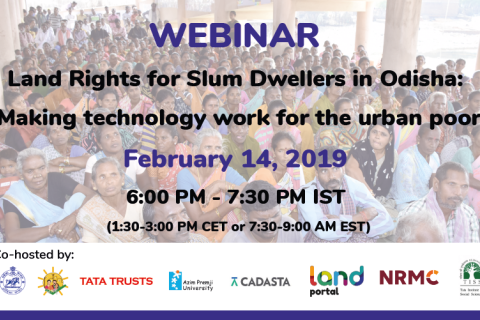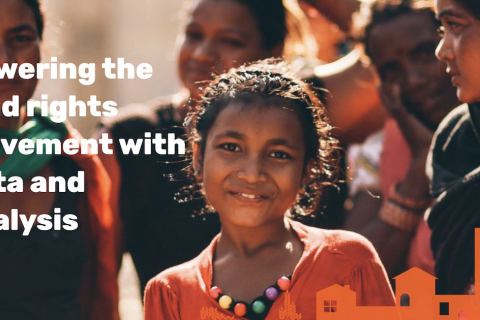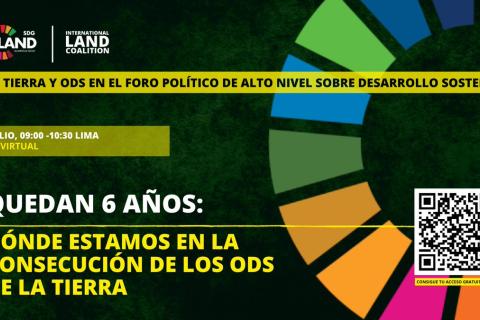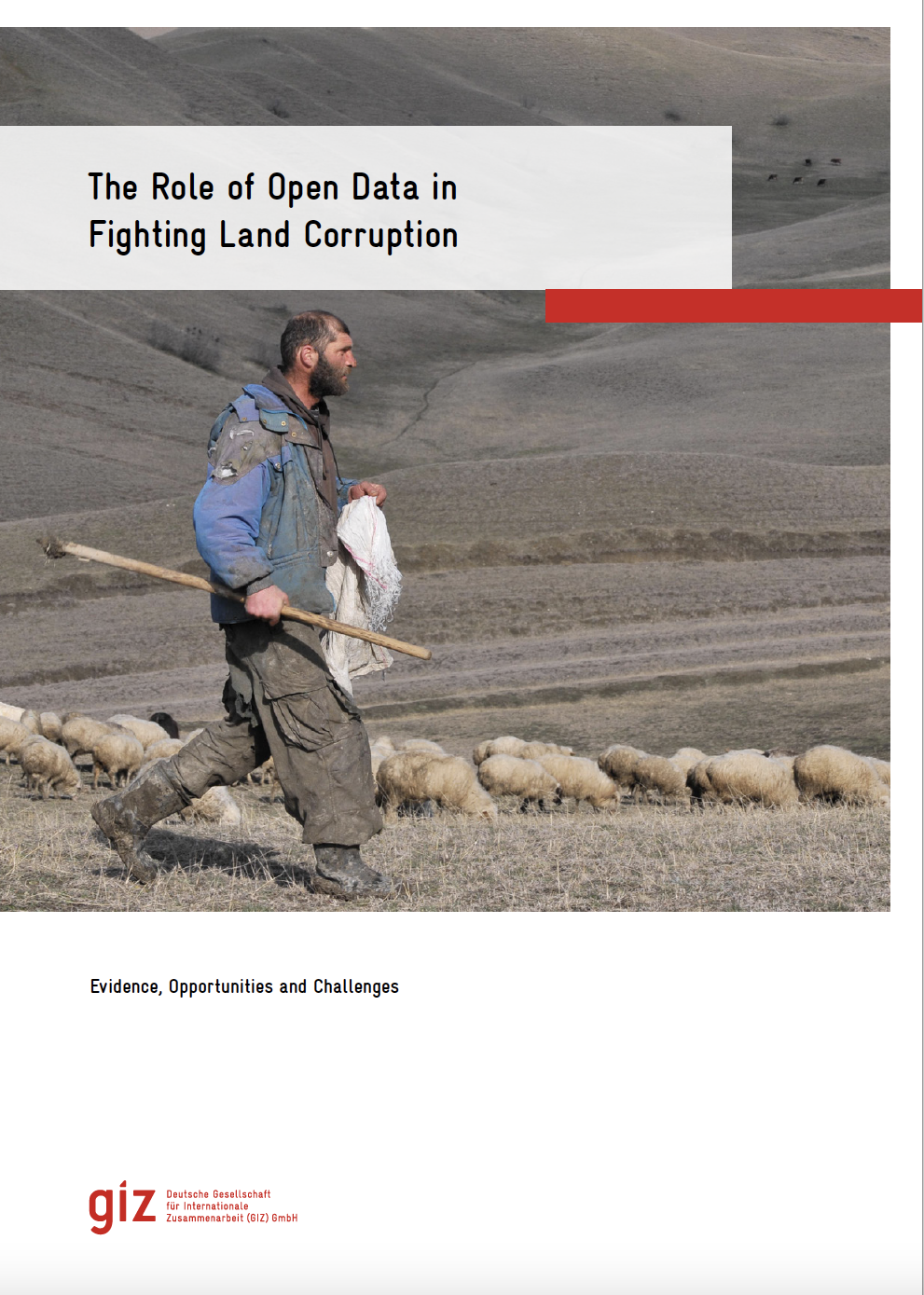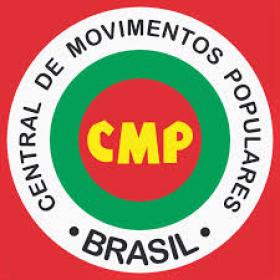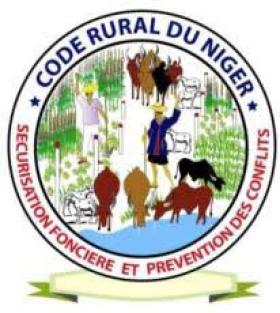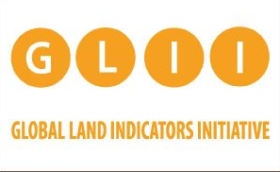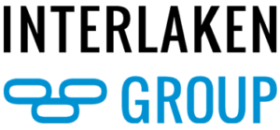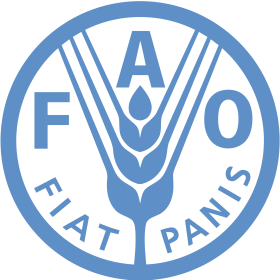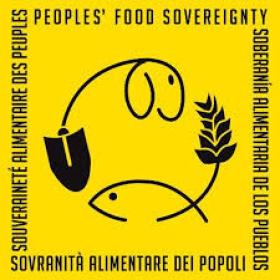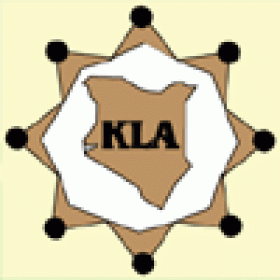“Boosting local capacity to manage land conflicts and protect customary rights” – Introducing the LAND-at-scale project in Mali
The Netherlands Agency for Enterprise and Development (RVO) is pleased to announce its collaboration with the Embassy of the Kingdom of the Netherlands (EKN) in Bamako, SNV, the Royal Tropical Institute (KIT), the University of Legal and Political Sciences of Bamako and the National Coordination of Peasant Organizations for implementation of a LAND-at-scale project in Mali "Strengthening local capacities to manage land conflicts and protect customary rights". The intervention will run until 2023 and has a budget of €1.3 million.






